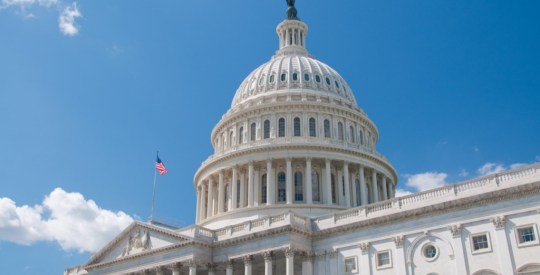Homebuyers in states with LGBTQ+ protections face significantly higher housing costs, according to a Redfin report released Wednesday.
In regions with anti-discrimination laws tied to sexual orientation or gender identity, the income required to afford a median-priced home rises to $150,364 — nearly 47% more than the $102,435 needed in areas without such protections. For context, the median U.S. household income was $79,689 in 2023.
Non-discrimination laws in housing protect LGBTQ+ individuals from unfair eviction, denial of housing, or obstacles to renting or buying due to their sexual orientation or gender identity. LGBTQ+ people in states without explicit protections are still covered under the federal Fair Housing Act.
“LGBTQ+ Americans face disproportionately large barriers to homeownership,” Redfin senior economist Elijah de la Campa said in a statement. “On top of paying a premium to live somewhere that feels safe, many LGBTQ+ house hunters are earning less than the typical U.S. worker, and face discrimination while shopping for homes despite laws that prohibit it.”
In metros with large LGBTQ+ populations, affordable home listings are scarce. San Francisco, where 6.7% of adults identify as LGBTQ+, had only 5.1% of its 2023 listings affordable on the local median income, one of the nation’s lowest shares.
Portland, Oregon, with the second-highest share of LGBTQ+ adults at 6%, had only 6.7% of homes for sale deemed affordable. Similar trends were noted in Austin, Seattle and Los Angeles.
Conversely, metros with fewer LGBTQ+ residents registered more affordable prices. In Pittsburgh, where 3.3% of the adult population identifies as LGBTQ+, more than half (57.4%) of listings were affordable for median-income earners.
Of the 54 metros analyzed by Redfin, 30 are in states with LGBTQ+ protections. The most affordable locations are in the Northeast and Midwest, with Detroit and Rochester, New York, standing out as particularly accessible.
A Redfin-commissioned survey by Qualtrics in February 2024 found that 56.5% of LGBTQ+ homeowners and renters struggle with housing payments, compared to 49.9% of the general population.
Additionally, 24.5% of LGBTQ+ respondents who struggle with housing costs reported borrowing money from family or friends, compared to 17% of non-LGBTQ+ respondents. LGBTQ+ individuals are also nearly three times more likely to delay or forgo having children to manage housing expenses, Redfin reported.






Correlation does not imply causation. The headline makes it sound like the LGBTQ+ protections *cause* the higher housing prices. But, that’s misleading since the protections just happen to correlate with areas that are highly desirable places to live with higher-than-average wages, and housing shortages that drive up housing prices.